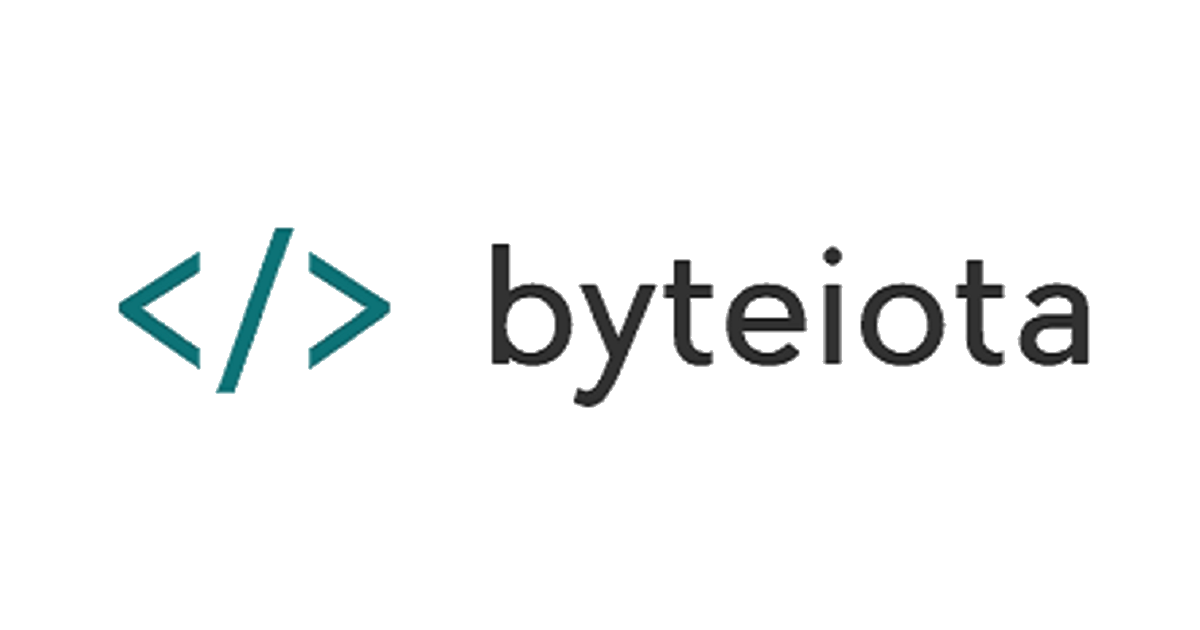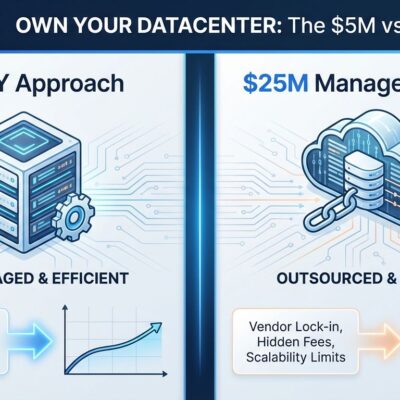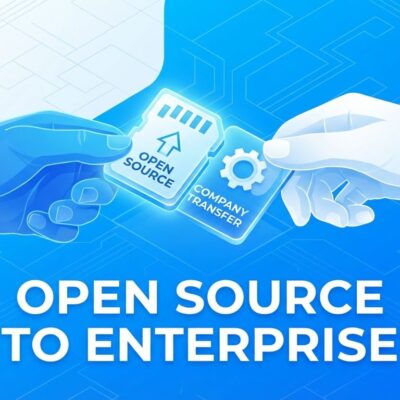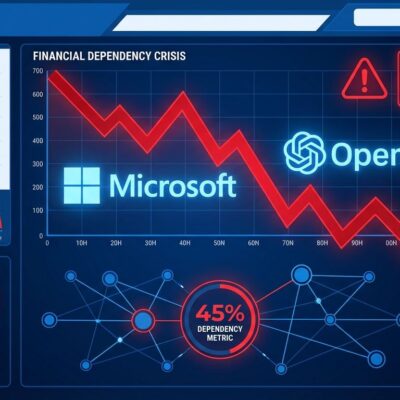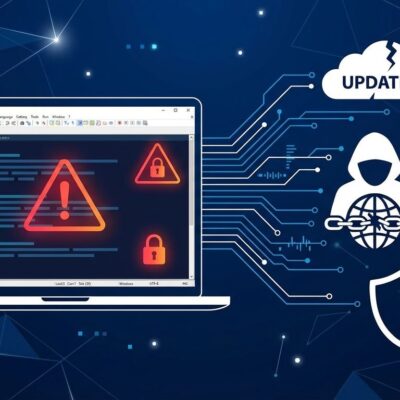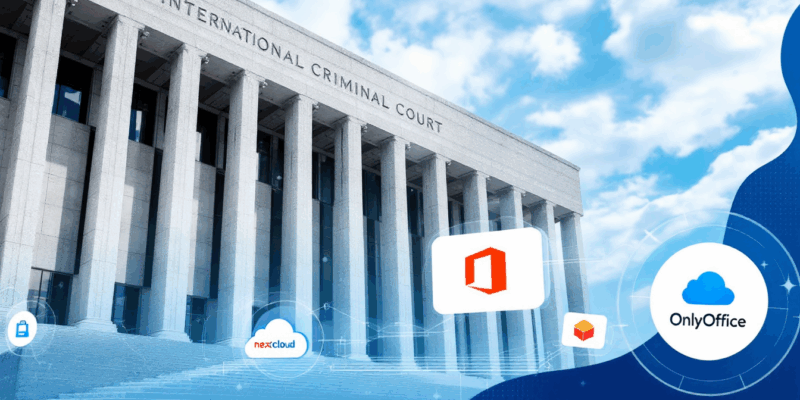
The International Criminal Court is migrating from Microsoft 365 to openDesk, a German-developed open-source platform that combines Nextcloud, OnlyOffice, and Matrix into a complete office suite. The move, which surfaced on Hacker News this week, makes the ICC one of the highest-profile international organizations to ditch Microsoft for open-source alternatives—and it’s part of a broader European push for digital sovereignty.
When an international court handling war crimes trials trusts open-source for mission-critical work, it signals the ecosystem has reached enterprise-grade maturity. For developers, this validates that viable alternatives to big tech vendor lock-in exist and work at scale.
What openDesk Actually Is
openDesk isn’t just Nextcloud with a new name. It’s a fully integrated digital workplace platform built specifically for European government agencies. The platform combines Nextcloud for file storage and collaboration, OnlyOffice for document editing, Matrix/Element for secure messaging, and Jitsi Meet for video conferencing into a unified Microsoft 365 replacement.
Developed by Dataport, a German public IT service provider, openDesk offers what DIY open-source assemblies often lack: single sign-on, centralized administration, professional support, and GDPR-compliant hosting in EU data centers. This isn’t hobbyist software cobbled together—it’s government-grade infrastructure that’s already powering Germany’s Schleswig-Holstein state migration of 30,000+ government workstations away from Microsoft.
The technical stack is mature. Nextcloud handles millions of users across thousands of enterprise deployments. Matrix scaled to French government use. OnlyOffice processes standard documents comparably to Microsoft Office. These aren’t experiments—they’re production systems running critical government operations.
Why Digital Sovereignty Trumps Features
The ICC migration isn’t about cost savings or feature comparison spreadsheets. It’s about sovereignty—keeping sensitive data under European jurisdiction, independent of US cloud services and potential government access requests. This is the same driver behind Germany, France, and other European governments moving to open-source alternatives.
Post-Snowden revelations, post-GDPR enforcement, and post-Cloud-Act implications have made European institutions increasingly uncomfortable with US-based tech vendors. When you’re prosecuting war crimes and crimes against humanity, handing your entire digital infrastructure to a company subject to US jurisdiction isn’t a technical decision—it’s a geopolitical one.
France’s government already uses Matrix for secure messaging. Multiple German states are migrating to open-source. Now the ICC, an organization dealing with some of the world’s most sensitive international legal matters, is following suit. The trend is clear: European institutions want control over their data infrastructure, and they’re willing to accept migration complexity to get it.
Tipping Point or Isolated European Phenomenon?
The developer community is split on what this migration actually means. Some see it as validation that open-source is enterprise-ready. Others argue it’s driven by specific European sovereignty concerns that don’t apply to most organizations. The real test comes in 2-3 years—will the ICC be satisfied, or quietly migrate back to Microsoft?
Hacker News discussion shows both enthusiasm (“This proves OSS is viable for anything”) and skepticism (“Good luck getting non-technical users to adopt Element instead of Teams”). The truth is probably in the middle. The technology works—Nextcloud, Matrix, and OnlyOffice are all production-ready. But user adoption, change management, and long-term support are where migrations succeed or fail.
Historical precedents exist on both sides. Munich’s Linux migration initially succeeded, then reversed, then reversed again based on shifting political winds more than technical merit. Other European government migrations have quietly succeeded without drama. Success depends less on the software and more on organizational commitment, adequate training, and realistic expectations.
What This Means for Developers and Teams
The ICC migration proves the components exist for credible Microsoft 365 alternatives. Nextcloud, OnlyOffice, and Matrix are production-ready. The remaining challenges are integration, support, and change management—not fundamental technology gaps.
However, the gotchas are real and worth acknowledging. Calendar interoperability with Outlook users takes configuration work. Complex Excel macros may not survive migration. Mobile apps lag behind Microsoft’s polish. Third-party SaaS tools integrate better with Microsoft 365 because that’s what they optimize for. You need competent IT staff or professional support contracts—there’s no vendor helpdesk to call at 2 AM.
For developers and teams evaluating options, the takeaway is straightforward: vendor lock-in isn’t inevitable. Open-source alternatives exist and work at scale, but they’re not drop-in replacements. You’re trading vendor dependency for operational responsibility. Whether that’s the right trade-off depends on your priorities—sovereignty and control versus convenience and ecosystem integration.
Key Takeaways
- The ICC proves open-source is enterprise-grade for mission-critical international organization use—this isn’t experimental technology anymore
- Digital sovereignty, not cost or features, drives European government migrations away from US-based cloud vendors
- The technology stack is ready (Nextcloud, Matrix, OnlyOffice all handle production scale), but success depends on change management and organizational commitment
- Vendor lock-in isn’t inevitable—credible alternatives exist, though they trade convenience for control and require operational maturity
- Whether this is a tipping point or European-specific phenomenon depends on how the ICC migration performs over the next 2-3 years
The smart money isn’t on “open-source versus proprietary”—it’s on organizations questioning whether giving any single vendor complete control over their infrastructure is wise long-term strategy. The ICC just voted with their migration plan.
